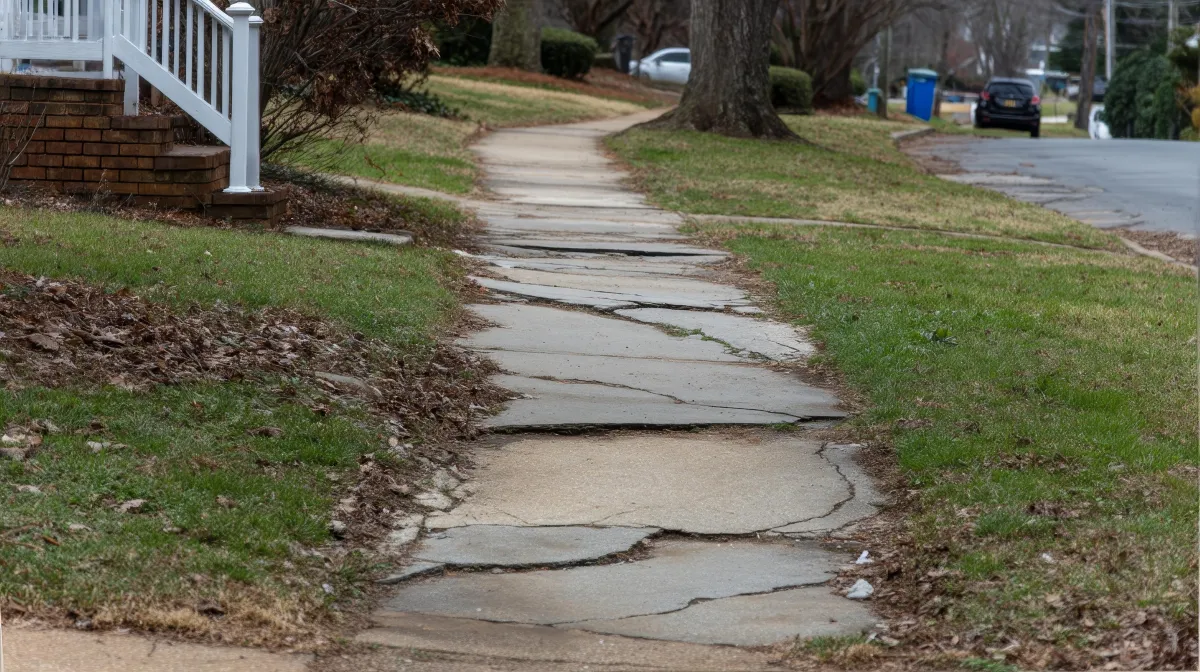
When the Ground Shifts: Why Uncertainty Feels So Overwhelming
When life takes an unexpected turn, it can feel as though the ground itself has shifted. Coping with uncertainty is one of the hardest emotional challenges we face. The human brain is designed to seek patterns, to anticipate what comes next, and to find comfort in predictability. When that predictability disappears, our nervous system interprets the unknown as a possible threat. Even if nothing dangerous is happening, uncertainty alone can make us feel anxious, restless, and out of control.
This is why uncertainty feels so overwhelming.
At a biological level, the brain is always trying to create a map of what lies ahead. It does this to save energy and keep us safe. When the future becomes unclear, that map dissolves, and suddenly we are swimming in “what ifs” without solid ground. Anxiety thrives in this environment, fueled by the fear of what might happen rather than what is actually happening.
The emotional toll of prolonged uncertainty is significant. Many people notice racing thoughts, disrupted sleep, irritability, and difficulty concentrating. The nervous system often stays stuck in high alert, primed for danger, even when the only thing in front of us is an unanswered question. Over time, this constant tension can drain resilience, making even simple daily tasks feel like mountains to climb.
In response, we often turn to extremes. Some people try to control every detail, clinging tightly to routines and information in hopes of creating stability. Others shut down, avoid decisions, or numb themselves to escape the discomfort of not knowing. Both strategies are understandable. They are the nervous system’s attempt to cope with uncertainty. But neither brings the kind of lasting steadiness that allows us to truly feel safe.
The hopeful truth is that uncertainty is not only a source of stress, it is also a space of possibility. Every new chapter, every transformation, every step forward in life begins with the unknown. We do not need to love the fog, but we can learn to live within it. Building emotional endurance means learning to regulate our responses when certainty is unavailable, so that we can keep perspective, make thoughtful choices, and remain open to what might emerge.
One simple practice to begin coping with uncertainty is to anchor yourself in the present moment. Anxiety pulls us into an imagined future, while grounding brings us back to what is real right now. You might start by pressing your feet firmly into the floor, noticing how solid the ground feels beneath you. Look around the room and name five things you can see, four things you can touch, three things you can hear. Take three slow, intentional breaths. These small acts may seem simple, but they signal to your body that you are safe in this moment.
The ground may have shifted, but you still have ways to steady yourself. Coping with uncertainty is not about erasing the unknown, it is about finding your footing even when the path ahead is unclear. With practice, you can learn to stand in the fog without losing yourself, trusting that possibility lives in the very space that feels so uncertain.
